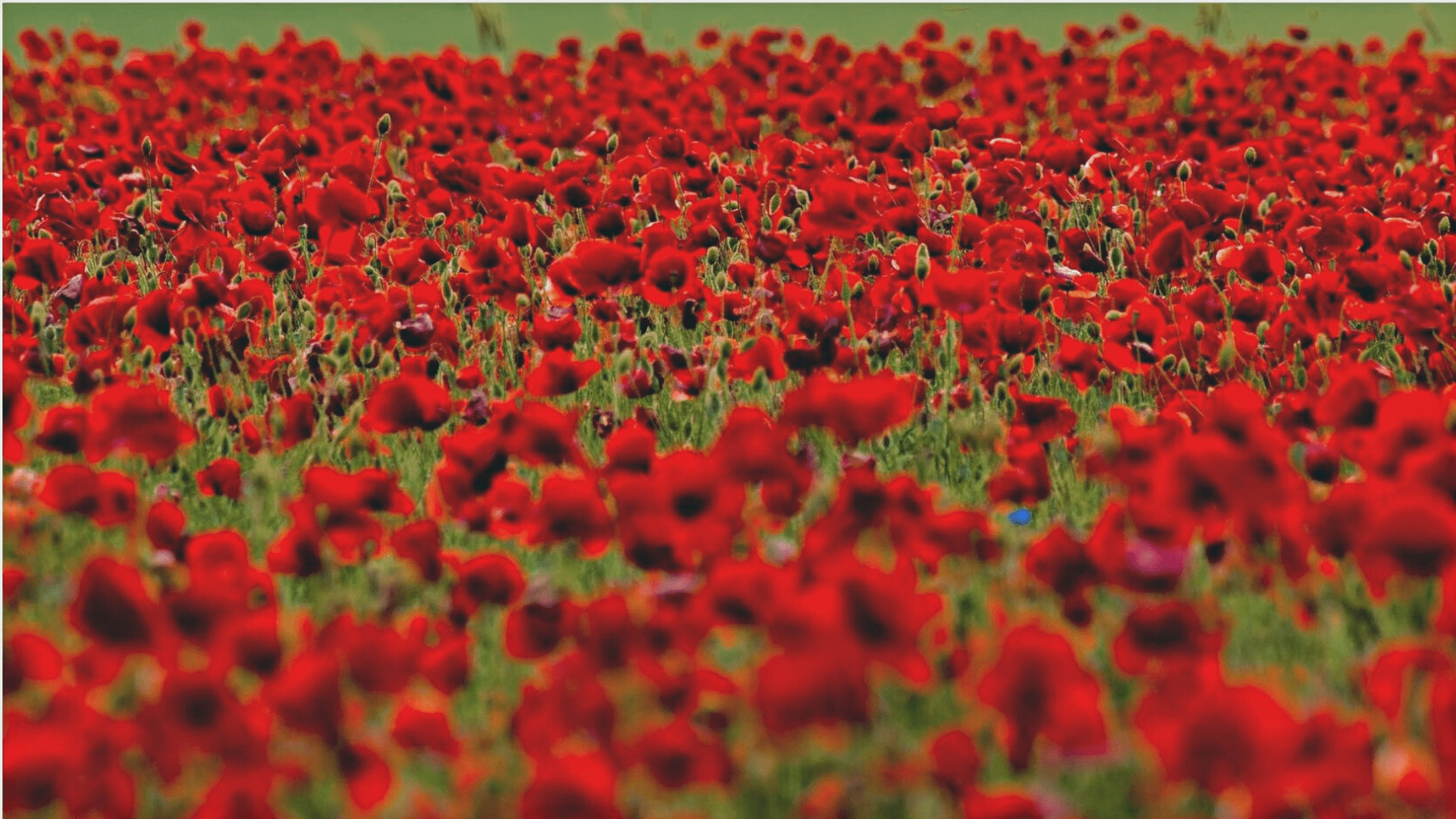24 Mar Peace in the Time of COVID-19
Peace in the Time of COVID 19: 10 Ways to Mind Your Mental Health During a Pandemic
by
Ashleigh Gabriel, LCSW
There is no beating around the bush, we are experiencing a pandemic and it is impacting all of our lives. As we all struggle to follow the CDC guidelines on social distancing in an attempt to reduce the spread of the virus, many of us find ourselves feeling quite isolated from the world.
Luckily we do have ways to stay connected remotely, but even social media is proving to be a source of stress and anxiety for many as our news feeds are flooded with updated case numbers, deaths, and politics surrounding COVID-19.
When thinking about writing my post for our blog, it seemed not only relevant but crucial that I help address the social isolation many of you experience. Maintaining your mental health is more important than ever, especially as numbers now project this pandemic stretching out for months instead of weeks.
So you’re choosing to social distance yourself and stay at home as much as possible, but now what? Here are ten ways you can help mind your mental health while practicing social distancing during this unprecedented experience we are all going through.
1. Establish a Routine
Sure, binge-watching Love is Blind has its upside, but when you find yourself doing nothing but browsing Netflix, stuck to your couch, it’s time to give your day some much-needed structure. Creating a routine and schedule for yourself can help give you a sense of purpose in your day-to-day at home. This is especially important if you have children at home.
Try to keep to your usual schedule of bedtime and wake up time. Eat meals when you would normally eat them. Plan time for activities to keep busy, learn and break up the monotony of the day. Of course, you can still enjoy TV and screen time, just be more purposeful about it.

2. Stay Connected
We are lucky we live in an age that provides us so many avenues to stay in touch with family and friends. Make time to do a phone call or even FaceTime call to actually be able to see each other, start group chats with friends you normally hang out with together, find an online group to get involved in, play video games online with friends, or maybe start a Zoom meeting with a group! You could even go old school and write letters to people. What better time to enjoy pen pals than when cooped up inside?
3. Take Up a Hobby or New Skill
When was the last time you cozied up with a good book? Isn’t there a recipe you saw on Pinterest you’ve always wanted to try? What about learning something you’ve always wanted to try, maybe knitting, sewing, painting, or some other craft? If you’re like me you probably have a few unfinished projects lying around so why not finish them? Perhaps you could order a paint-by-numbers kit on Amazon or supplies to try making your own soap!

4. Take a Break
Yes, social media is great, but it also is a bit overwhelming when it comes to the doom and gloom of this pandemic. I suggest limiting the amount of time you allow yourself on social media or news channels. Try specific amounts of time, like 30 minutes. It’s good to be informed but too much information is just feeding into your already growing stress and anxiety. It’s not worth it!
5. Be Active
Being stuck at home also can often mean spending a lot of time being still and that is not healthy for your body or mind when coping with something like this. You can still get outside and go for a walk or run, just be mindful about your proximity to others.
There are tons of resources online for workout classes and videos, including instructors and companies offering limited time offers for free services during this time. If you have children, find ways to get the whole family moving! You can find kid friendly workout videos like yoga or maybe create a scavenger hunt at home.

6. Cultivate an Attitude of Gratitude
Gratitude can be a powerful way to combat stress and anxiety. Even with our current crisis you can still find small things in your day to be grateful for. Practicing gratitude can reduce your worries and increase your positive outlook. It can also strengthen relationships when we focus on things we are grateful for in the people in our lives.
Try making small gratitude lists each day, maybe just 3 things you are grateful for right then; for example: I am grateful to have a way to work remotely from home, I am grateful to have been able to get the food I need, I am grateful to be able to spend quality time with my kids.
7. Self-care and Self-compassion
In this unprecedented time, we are all basically learning how to handle this together, which means changing many aspects of our lives to include staying home, working remotely and reducing social interaction. As you are navigating this uncharted territory of living, show yourself some grace. It’s ok if you are struggling to stay focused on work at home; it’s ok if you find it difficult to create a routine; it’s ok to be frustrated and sad. Finding a way to accept this new reality, seeing as it may be our reality for months to come, can be a real kindness to yourself. Adjusting your expectations will be key to mental and emotional survival during all of this.
There are three basic steps to practicing good self-compassion:
- Practicing understanding instead of criticism towards yourself,
- Recognizing that failure is part of our human experience and
- Allowing yourself to simply be mindful of negative/painful thoughts instead of being overwhelmed by them or over identifying with them.
8. Focus on the Positive & Reframe the Negative
There is a lot to be worried and afraid about right now, but that doesn’t mean you have to constantly live in fear. Choosing to focus on the positive in your life can help a lot in reducing anxiety. Focusing on the good in your life right now and what you do have control over can bring a sense of power in an otherwise seemingly powerless situation. You may not be able to control what is going on in the world, but you do have control over what you spend your time doing and thinking about, and how you choose to behave.

By reframing the negative, I mean to shift perspective on the things that are negative. For example, instead of dwelling on being “stuck at home”, think, “Now I have time to tackle those home improvement projects or finally clean out that backroom/closet!” Instead of, “the world is suffering from a pandemic,” think, “we all have an opportunity to reconnect with ourselves and support our neighbors in way we haven’t in a long while.” Or instead of, “What if food runs out?” try thinking, “What about planting our own vegetable garden for an activity and food!” How can you reframe a negative thought?

9. Be Kind to Others
Right now it’s really easy to get caught up in the panic and forget about our neighbors but one of the best things you can do right now is to shift your focus towards others. Putting energy into helping and being kind towards others will help increase your own positive emotions. This is a real-time that our world needs kindness and there are many ways to show it.
Some ways you can show kindness towards others include: leaving a big tip when you pick up take out or get food delivered, support a local business by purchasing a gift card or kit, pick up supplies for a vulnerable neighbor, offer emotional support to a friend or family member who works in health care, even doing your part by practicing safe social distancing is a kindness to others because you are preventing the spread of the illness to others who might be vulnerable.
10. Safely Get Out of the House
There is a lot of value in fresh air and sunshine and practicing social distancing doesn’t mean you are strictly on house arrest. Even if you just go for a drive around town, get your car washed or fuel up, it can be nice just to leave your house. Maybe plan a camping trip or a visit to a local place of interest that is outdoors. You can also go for a walk or run in your neighborhood. Get creative!

“Fear only has the power we give it. Hope works the same way.” – Bob Goff

Ashleigh Gabriel, LCSW



No Comments